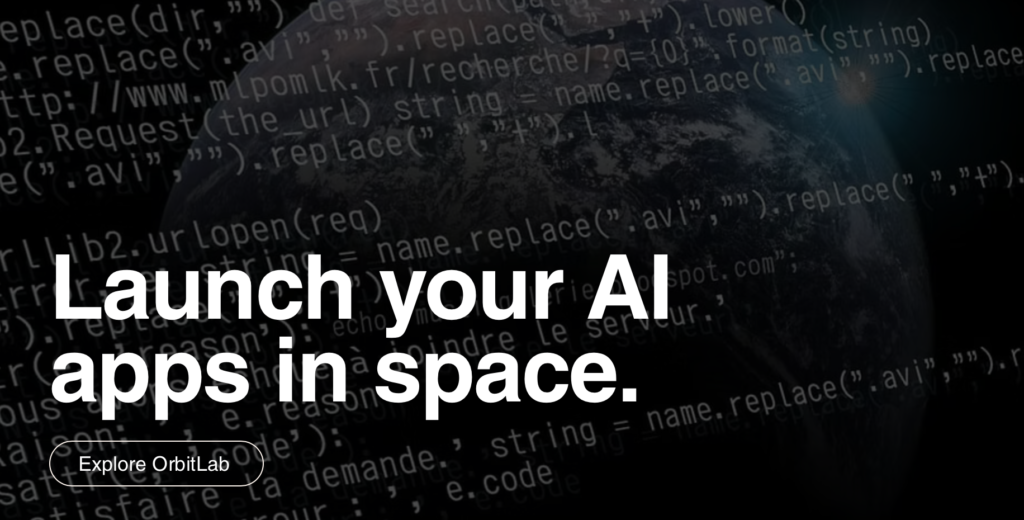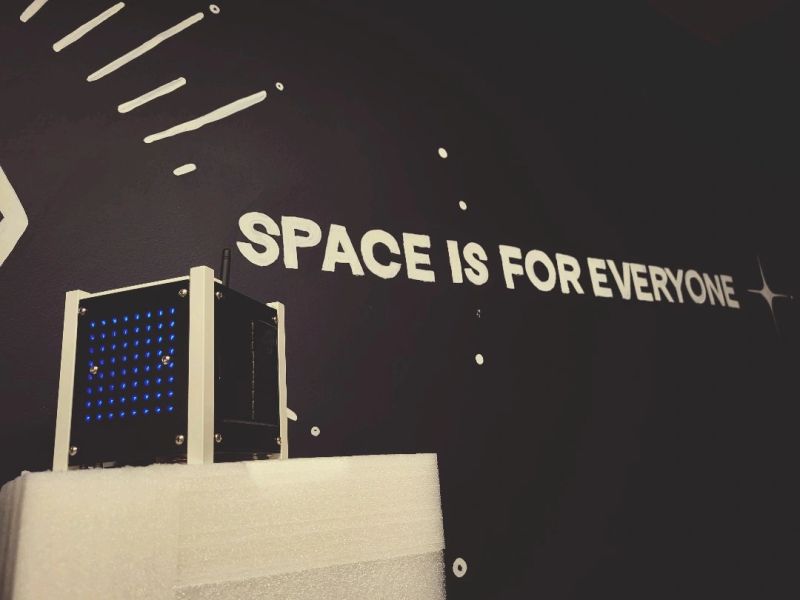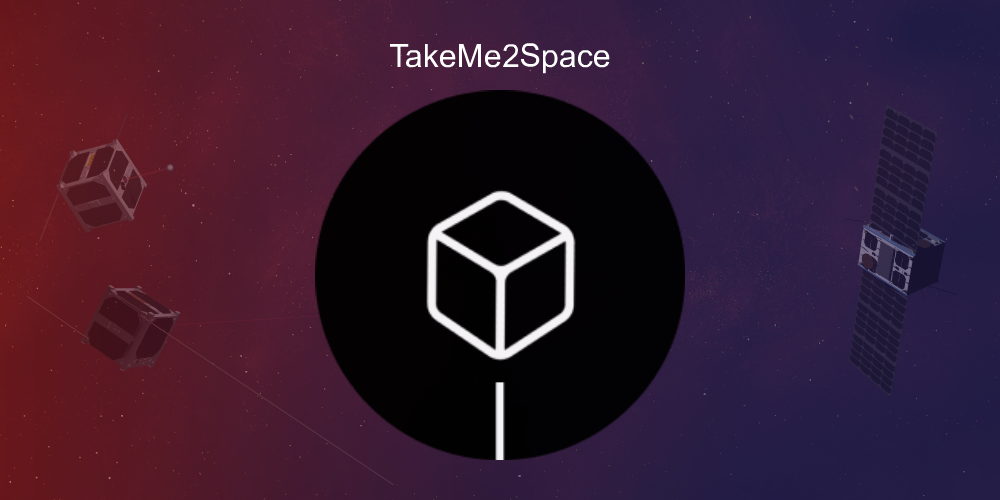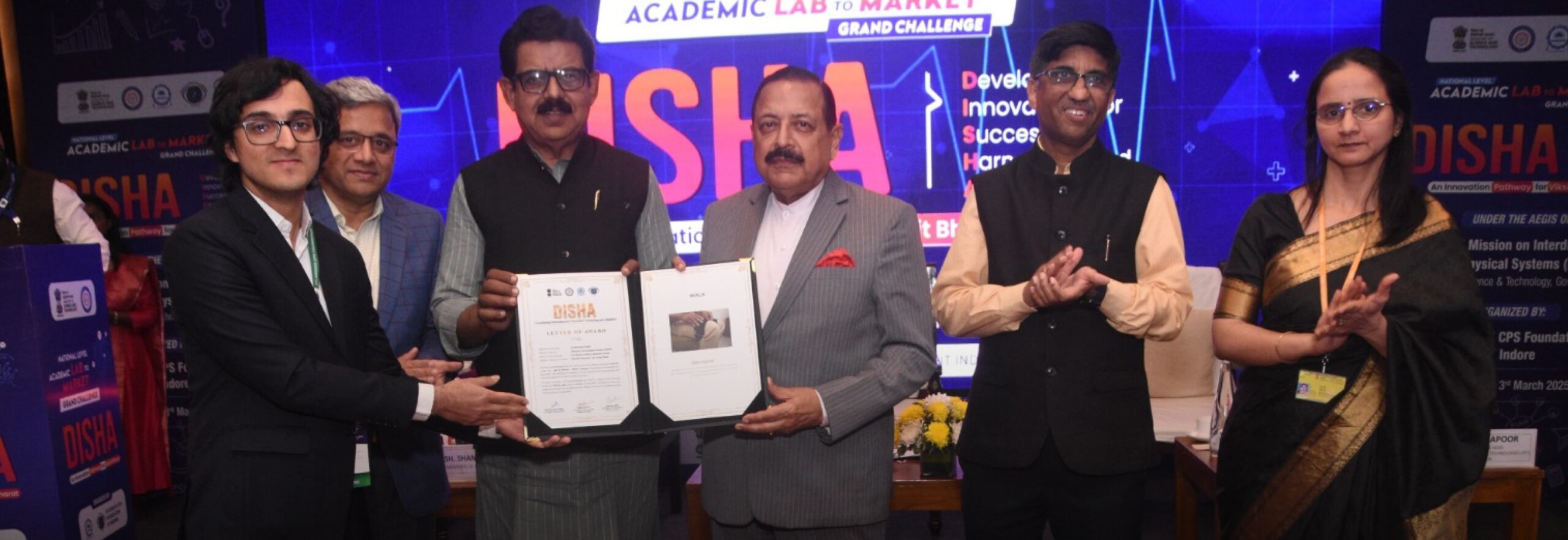AI research is advancing rapidly, and a major step in AI development is set to take place in space. TakeMe2Space, a Hyderabad-based space technology company, has announced the launch of MOI-TD (My Orbital Infrastructure – Technology Demonstrator), India’s first AI-powered laboratory in space. The mission aims to demonstrate real-time data processing in orbit, making space research more efficient and cost-effective. The launch is scheduled for mid-December 2024 aboard ISRO’s PSLV C60 rocket.
“MOI-TD will demonstrate the ability to open up the space industry, specifically Earth Observation, to millions of space enthusiasts, researchers, and small companies,”
“The space sector has long been restricted to a select few. This needs to change to unlock the true potential of human creativity in space exploration and research.”
Founder and CEO of TakeMe2Space.

Collaboration with IN-SPACe and Indian AI Growth
The development and testing of the MOI-TD platform were carried out at the IN-SPACe Technical Centre, which plays a key role in supporting private-sector space initiatives in India. Located in Ahmedabad, IN-SPACe has provided crucial infrastructure for testing and validating space technologies, helping to accelerate AI startups in India. TakeMe2Space plans to continue working with IN-SPACe for future projects, strengthening its position in India’s growing AI and space ecosystem.
Revolutionizing Satellite Data Processing
One of the biggest challenges in satellite operations is managing the enormous amount of data they collect. Satellites generate petabytes of data daily, but nearly 40% of it may be unusable due to cloud cover or other environmental factors. Traditionally, all data is sent to Earth for processing, which can take weeks. By integrating AI in research directly into satellite operations, MOI-TD will process data in space, reducing both transmission costs and delays. This technology will provide more relevant and timely insights for applications such as environmental monitoring, deforestation tracking, maritime surveillance, and greenhouse gas detection. Users can interact with the satellite through OrbitLab, a web-based platform where AI models can be uploaded for various Earth observation tasks.

Future Impact on Space-Based Computing
The MOI-TD mission represents a significant step toward developing space-based data centers. While the current focus is on Earth observation, the ability to process data in orbit could lead to more advanced space computing applications, similar to cloud computing on Earth. Although space-based data centers are currently 10–15 times more expensive than terrestrial alternatives, future advancements could bring costs down while offering a more environmentally sustainable solution. The successful demonstration of radiation shielding technology on the PSLV C-58 mission earlier this year has also contributed to extending satellite lifespans, further enhancing the feasibility of long-term AI applications in space.
This mission marks a major milestone for recent artificial intelligence advancements and strengthens India’s position in the global space technology landscape.










